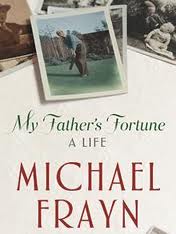The True Adventures of Gidon Lev by Julie Gray
The True Adventures of Gidon Lev by Julie Gray
 Gidon Lev is one of a small number of children who survived the Nazi concentration camp of Theresienstadt. He went on to travel through Europe and then spent time in Canada and the United States before settling on a kibbutz in Israel. He has led a full fascinating and complicated life including two marriages and several children. Gidon met Ms. Gray who is 30 years his junior and is an experienced and accomplished memoir writer. They collaborated for what must have been several years traveling together throughout the world tracing Gidon Lev’s fascinating life, which included many tragedies, complications, and great joys. She put together a memoir that is written by her but interspersed and weaved together with Gidon’s first person account.
Gidon Lev is one of a small number of children who survived the Nazi concentration camp of Theresienstadt. He went on to travel through Europe and then spent time in Canada and the United States before settling on a kibbutz in Israel. He has led a full fascinating and complicated life including two marriages and several children. Gidon met Ms. Gray who is 30 years his junior and is an experienced and accomplished memoir writer. They collaborated for what must have been several years traveling together throughout the world tracing Gidon Lev’s fascinating life, which included many tragedies, complications, and great joys. She put together a memoir that is written by her but interspersed and weaved together with Gidon’s first person account.
It happens that I read this book while the world was witnessing the tragic war in Ukraine. The television news is filled with videos and stories of the killing of innocent civilians and refugees including children who witnessed these tragic killings, now traveling to new countries. I could not help to conflate these tragic accounts with Gidon’s description of his own refugee days with these present experiences.
There was one time period in the 1960s when Gidon lived outside of Jerusalem and described in detail the growth of the young Jewish state and the atmosphere that he experienced. It just so happened that my wife and I as students spent the summer in that time period, working at Hadassah Hospital and then we were a given a fascinating tour throughout Israel. This experience made Gidon’s description of the spirit of the people of Israel something that we could relate to and had some firsthand understanding about.
Then of course, when Gidon wrote about his experience during the Yom Kippur War of 1973, and Israel being attacked by hostile Arab countries, once again our daily TV stories of the Russian invasion of Ukraine made a realistic visual impact for the words I was reading in Gidon’s description.
This book is not just a firsthand historical journey, it is also a very personal story of Gidon’s life including his reconnection with his children after his first wife unexpectedly took them to the United States with little clue to Gidon where they might be living.This is an unusual collaboration between an accomplished memoir writer and the subject who spent significant time together retracing and reexamining Gidon’s life. The book is a worthwhile experience and an insight into history as well as the study of the character of a remarkable man.



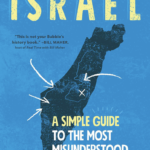
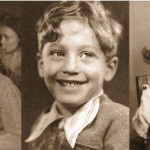


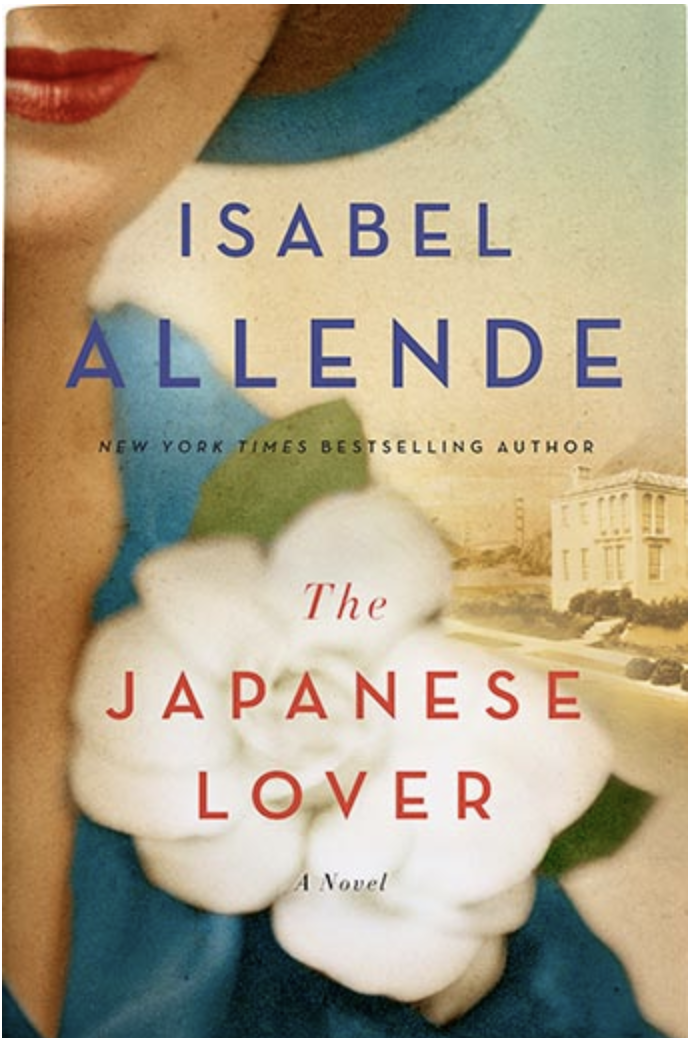
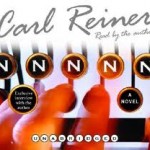
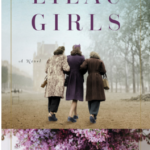
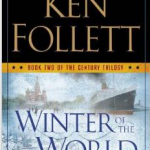



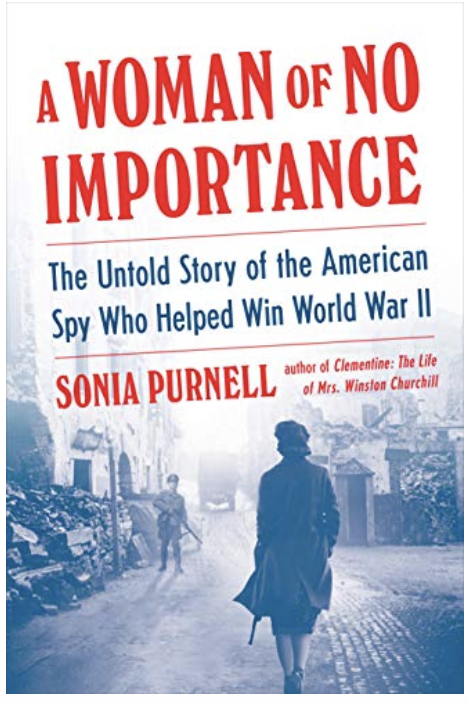 Virginia Hall was born in the United States, grew up in Baltimore and studied at Columbia University. She moved to France prior to World War II. As a young woman, she also had a tragic accident during a hunting trip where she shot her leg and ended up with a wooden prosthesis.
Virginia Hall was born in the United States, grew up in Baltimore and studied at Columbia University. She moved to France prior to World War II. As a young woman, she also had a tragic accident during a hunting trip where she shot her leg and ended up with a wooden prosthesis.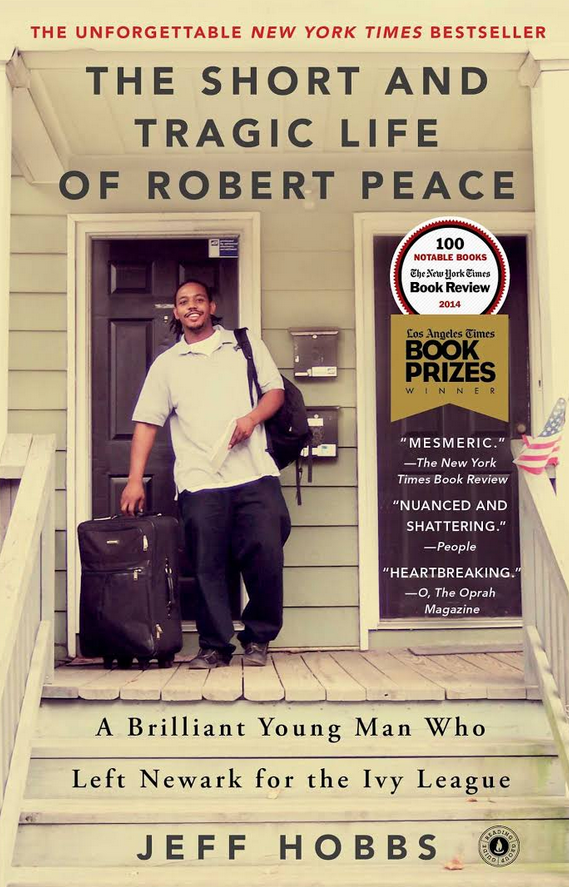
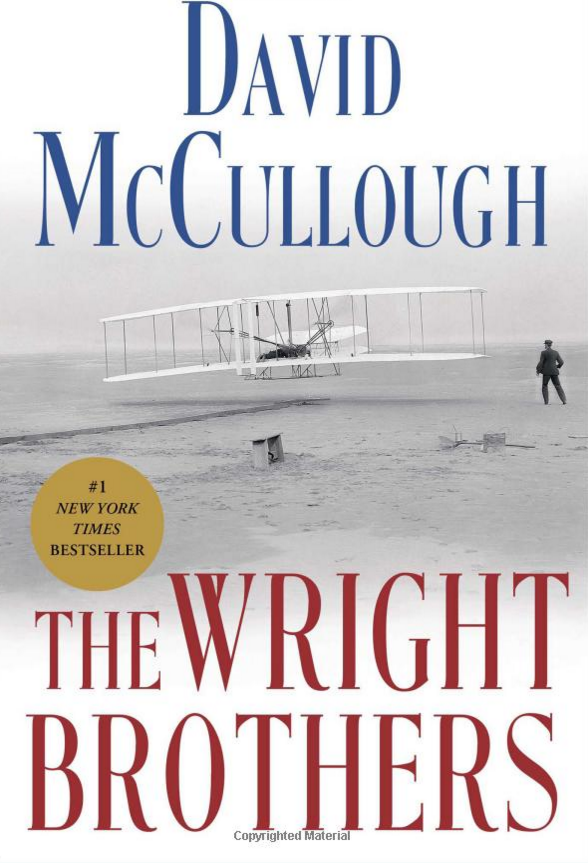 The Wright Brothers by David McCullough
The Wright Brothers by David McCullough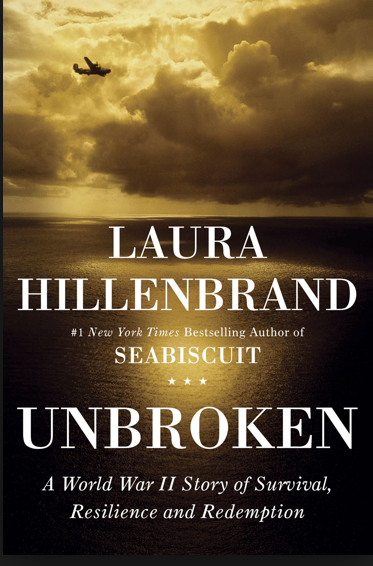

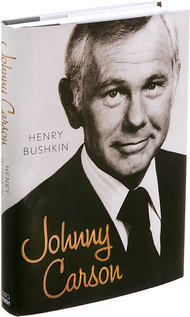
 Whitey Bulger: American’s Most Wanted Gangster and the Manhunt that Brought Him to Justice by Kevin Cullen and Shelley Murphy
Whitey Bulger: American’s Most Wanted Gangster and the Manhunt that Brought Him to Justice by Kevin Cullen and Shelley Murphy